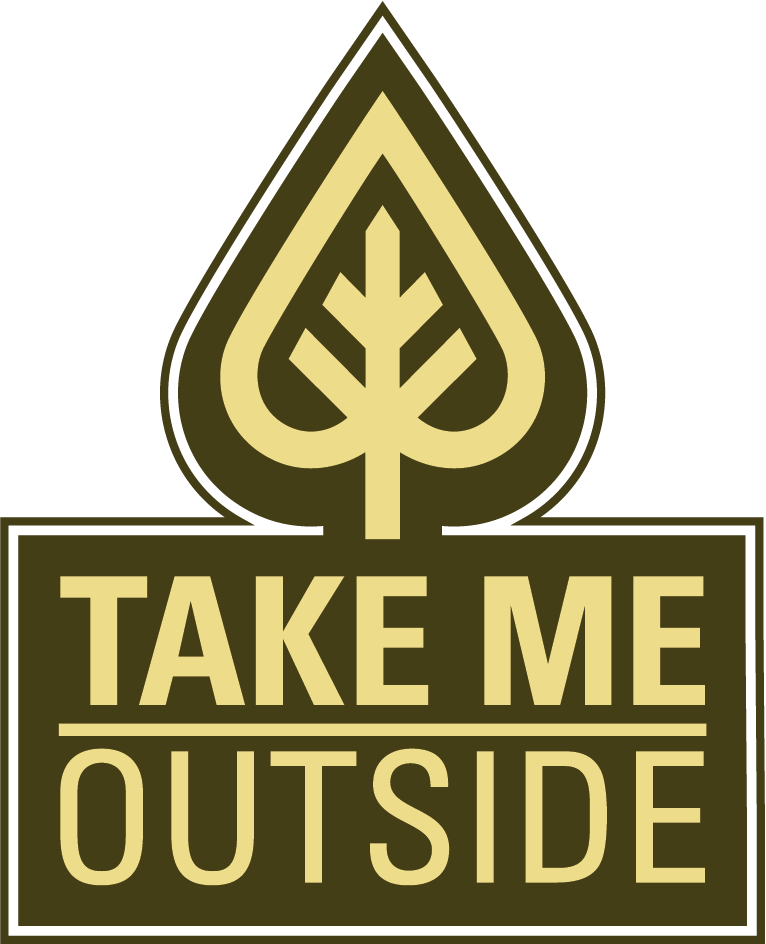27 results for group: block-a
Looking the gorilla in the eye: effective climate education
In recent years the 800 pound gorilla that is the climate crisis has walked into your classroom; this workshop will help you look the gorilla in the eye. In this workshop Gareth will share some recent work that proposes to teachers several important dimensions of effective climate education. You ‘will learn by doing’ as together we explore the linkages between some classic outdoor education activities, energy education, and climate change. As Dr. David Orr famously said: “Hope is a verb with its sleeves rolled up,” and you’ll take away new approaches to help your own students roll up their sleeves, take climate action - and feel hope for the ...
Responding to Place Through Storywork and Experiential Learning
Students are natural storytellers; they have an innate ability to explore the world through their senses and commit ideas, knowledge, and understanding to memory through story. In this workshop, teachers will develop their capacity for place-responsive learning, and the use of narrative as a classroom tool for teaching, learning, and assessment. We will also weave the use of geographical and historical thinking skills with an appreciation for Indigenous ways of knowing, diverse access points for curricular content, and activation of pedagogies. We anticipate being outdoors for this session.
Coming to the land to learn about medicinal plants and animals: Pedagogical resources with Indigenous perspective from the Tableau
Teachers need to introduce Indigenous perspectives and knowledge into their teaching practices. For that purpose, reliable resources are needed. This workshop will introduce teaching practices from the Tableau STE (tableaust.ca) that incorporate Indigenous and environmental knowledge (Medicinal Plants, 3° grade; Moose, 4° grade). Both practices combine an indigenous narrative with an outdoor field trip. Workshop participants will learn to use the lesson plans and underlying principles (story-based/ place-based learning, indigenous pedagogy) that belong to this innovative teaching material.
Transforming Students’ Perspectives of the Natural World through Land-Based Inquiry
The land connects us. Come learn transformative approaches to land-based inquiry from laboratory school educators working in an urban setting. Each educator comes to the goals of 'Truth and Reconciliation' with their own levels of engagement with Indigenous Knowledges. At the core of this interactive workshop is the goal of education reform for participants interested in bringing Indigenous perspectives into Elementary and Early Years settings. Engaging in approaches to land-based inquiry, educators can expect to build their climate action toolkit in a collaborative outdoor experience.
Decolonizing Place-Based Education
Understanding the impact of colonization on Place-Based Learning Collaboration in examining interdisciplinary in learning Imagination for change Teaching knowledge is a relational process Student empowerment
North East School Division Love Land Cultural Land Base Teachings
The North East School Division was provided, in partnership, with land intended to be used for cultural land base education. The school division formed a planning committee and initiated plans in a Respectful way to honor the land located outside the town of Love Saskatchewan. We had to clear the land and create a roadway to enter the area. We began with a feast, chose a prayer tree area, created a sweatlodge to honor the land and partnership in a cultural way. Our activities are all curriculum tied and honor traditional teachings - it is our way of validating the teachings of our relations.
Ta’Teli Npitekek Wsitqamu Nature Bugs: Exploring the Little to Understand the Big
Experience portions of a cross-curricular unit on Insects, Art and the Natural World as we explore our place in the Global Ecosystem through the world of Insects. Learn about the Mi’kmaq teachings of Respect, Reciprocity and Humility as you are guided through a series of STEAM (Science, Technology, Engineering, Art and Math) microlessons. Participants will have the opportunity to learn about insects including vocabulary (Mi’kmaq & English) anatomy and their place in the environment. Participants will then share their learning as they create a “Nature Bug” using only pieces found in nature.




